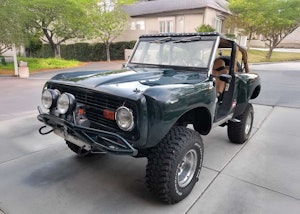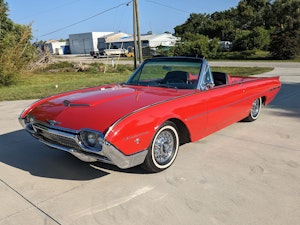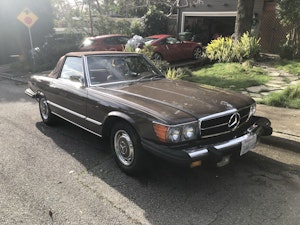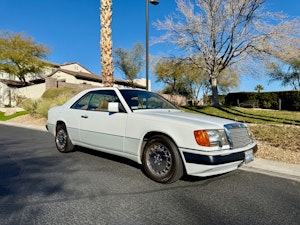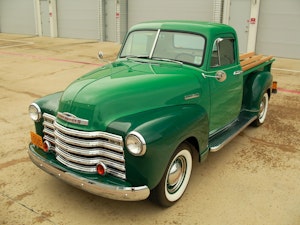Loss of Brake Pressure
Hydraulic Brake Maintenance and Makeover Car Covered: 1956 Chevy Bel Air 2-door Hardtop
What Went Wrong: I was headed out to a local car meet in early May. The Bel Air had been stored in my garage for the winter, and this was my first trip out. As I pulled out of the garage, the brakes failed. I quickly steered my car into the rock wall that borders my driveway (which is on a hillside no less) so I wouldn’t crash into one of my other classics parked on the driveway. The Bel Air’s front tires went over some rocks, the right front tire into the bushes and got wedged into the driveway.
Damage: The impact of the rock wall pushed the rear end into the doors, which then pushed the back end into the front quarter panels. Damage occurred to the left quarter panel, front fenders, rear bumper and exhaust. The adjustment of the doors and fittings were also off. Total Cost of Claim: $4,900.
Cause: It’s most likely that this vehicle lost all its brake pressure after a long hibernation. When storing a vehicle during the off season, older brakes can easily lose pressure.
Tips:
Marketplace
Buy and sell classics with confidence
- Make sure to check your brakes or have them checked after storage, especially on vintage vehicles.
- Before putting your car to bed for the winter, it’s a good idea to bleed the brakes and change the brake fluid. That cuts down on corrosion and soft brake pedals.
- If you lose brake pressure while driving, try not to panic. Use the emergency brake. It uses a separate cable not part of the brake system.


